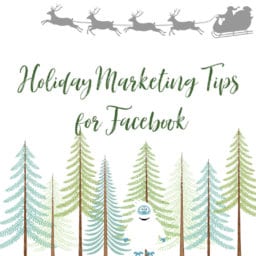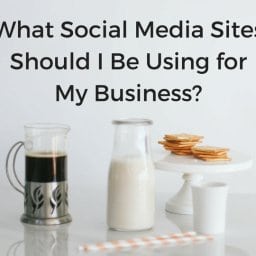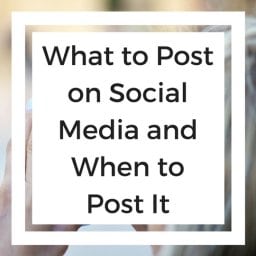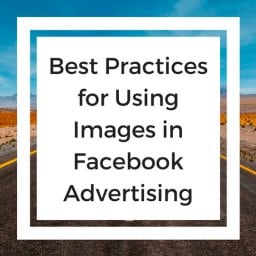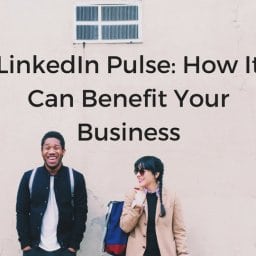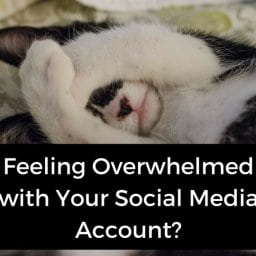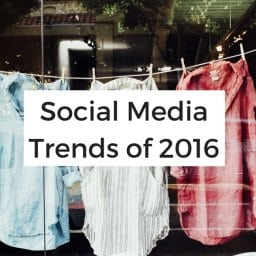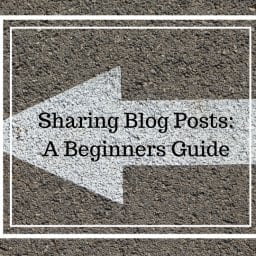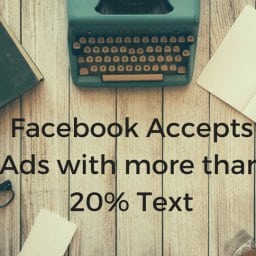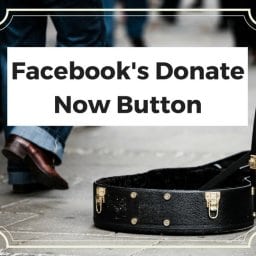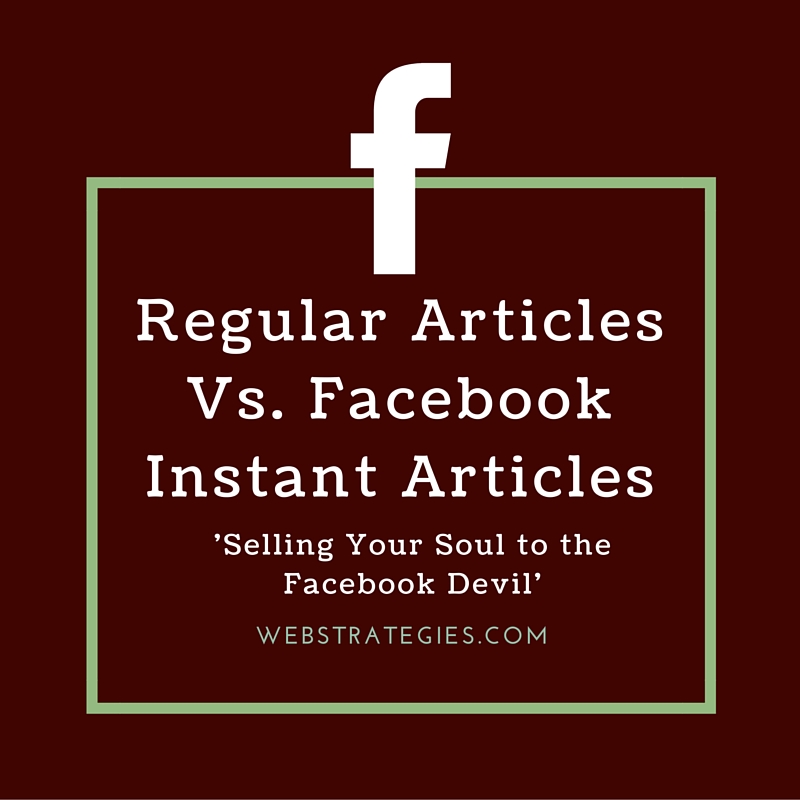 Regular Vs. Instant: What’s The Difference?
Regular Vs. Instant: What’s The Difference?
There are a number of key differences here to note between regular articles viewed on the web via a mobile device vs Facebook Instant Articles. With Instant Articles:
- Content opens directly inside the mobile app.
- There is practically no wait with a load time of about 300 milliseconds (as opposed to 3.66 seconds for standard mobile web articles).
- Content is optimized for viewing right within the platform for a totally immersive experience, with high-res imagery, interactive maps, auto-play videos, and embedded audio captions.
Read: Facebook Instant Articles
![]()
Is It Worth It?
Pros
It may be too soon to know exactly how much you’ll gain from Instant Articles, but everyone can accept the following to be true for now:
- Greater reach & engagement: When compared with regular news feed articles, Instant Articles resulted in 20% more clicks, 30% more shares and were 70% less likely to be abandoned.
- Lightning-fast load time: Leveraging the same technology used to display photos and videos quickly in the Facebook app, articles load instantly in News Feed, and readers really like the speed.
- More content consumed: The assumption is that by giving users a better reading experience that it’ll increase loyalty and brand awareness—ultimately, leading to users wanting to view more content from publishers who offer that experience.
- Increased revenue: If publishers want to sell ads within their articles, they have the opportunity to earn 70-100% of the ad revenue, depending on whether they use the Facebook Audience Network or not.
- Greater control over the user experience: The best part about Instant Articles for publishers is that posts can be customized—from the overall look and layout of the content to the basic branding (like logo and brand colors).
Cons
From our experience, we’ve seen a few red-flags with Instant Articles and still are on the fence about it. Possible drawbacks include:
- Trading Web Traffic for Facebook Traffic: Instead of clicking a link to read the article on your website, users will read it directly from Facebook. This can actually hurt your SEO because of the less actual traffic to your site. So, essentially you are trading SEO for higher Facebook views and engagement. A thought that concerns us is that many businesses are seeing the benefits of having a larger following on Facebook and converting to this new publishing platform, but if you’re looking for someone to do business with, a lot of the time you don’t start by looking on Facebook. Google will still be the primary search tool for those looking for businesses, and the ‘Google Overlords’ put a lot of weight on website traffic. A question you should ask yourself is ‘Are the perceived benefits from Instant Articles really worth more than being found less by those already willing and ready to make a purchase?’ People on Google are on there, searching for you, trying to find you. Being at the top of the search results can surely help them do just that. So which overlord will you side with: Google or Facebook? Which move makes more sense for your business’ long-term goals?
- Decreased User Experience: That’s right. We said it. While Instant Articles allows publishers to earn revenue through selling ad space on their articles, we’ve noticed how bombarded readers are with advertisements, pop-ups (yes, they’re back), etc. This is a huge negative aspect of the platform in our opinions, and we foresee it decreasing user experience.
- Lower Quality Content: Publishers could end up uploading low quality copied articles and the content could become repetitive with a large number of non-original articles. This can impact the popularity of Instant Articles if it gets branded as a provider of low quality repetitive, plagiarized content and Facebook’s ability to avoid this kind of branding would be key to drive revenues through this program.
- Sending Conflicting Messages: Social media outlets like Facebook are great for enabling a business to convey who they really are and show the ‘we’re just human’ side of their business. BUT, bombarding your followers with ads for the new miracle weight loss pill can send a conflicting image and ultimately push them away. Face it, you don’t like seeing ads every other paragraph, and it’s reasonable to assume that your readers don’t either. You may have to consider whether or not the small amount of ad revenue is worth losing the business persona and Facebook following you’ve worked so hard to build.
In regards to comparing pros and cons for Regular Articles Vs Facebook Instant Articles, we can see the benefits it can bring to businesses using smaller servers or those currently seeing high conversion rates on Facebook. However, for small businesses with decent websites/load times, we’re not yet seeing enough value being added to lose the benefits of having great SEO.
Have you begun using Facebook Instant Articles yet? What has your experience been like setting it up?


